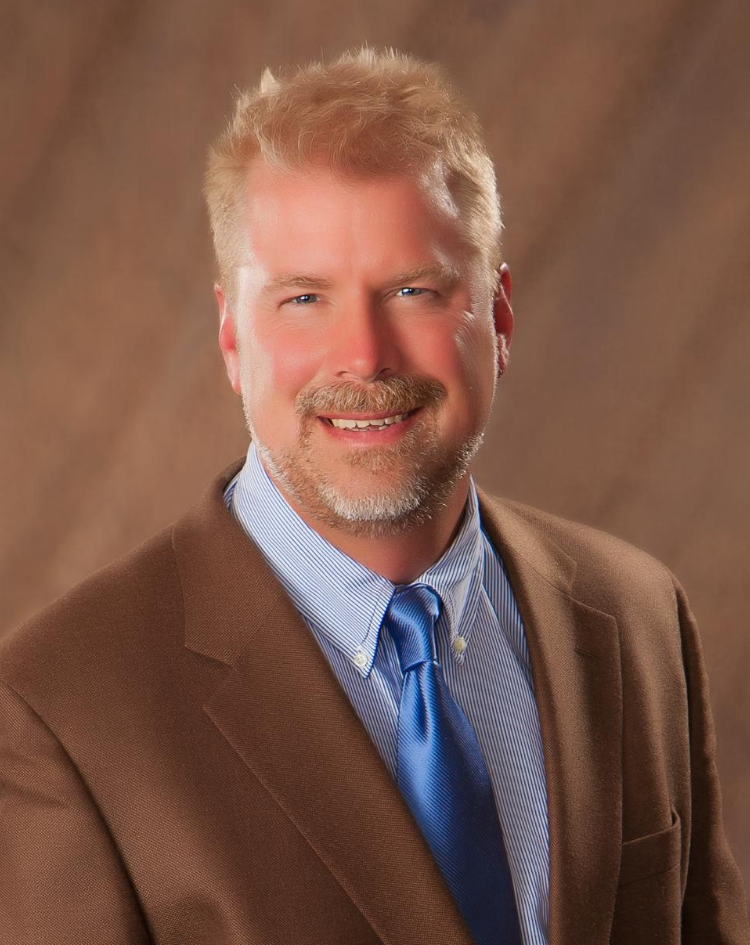DCH Corner – All About Vascular Surgery
February 28, 2018
Did you know? Decatur County Hospital offers many specialty services, so you can get quality care and avoid travel to another facility. These include specialty surgical services, such as vascular surgery. Dr. Ed Wehling is our on-staff vascular and general surgeon, providing specialty care, close to home.
What do vascular surgeons do? Vascular surgeons are specialists who are highly trained to treat diseases of the vascular system. Your blood vessels – arteries carrying oxygen-rich blood and veins carrying blood back to the heart – are the roadways of your circulatory system. Without smoothly flowing blood, your body cannot function. Conditions such as hardening of the arteries can create “traffic jams” in your circulatory system, obstructing the flow of blood to any part of the body.
A vascular surgeon does far more than just surgery. A vascular surgeon makes sure patients with vascular health issues know and understand all their options. In short, vascular surgeons can do surgery, but they see and treat many patients who don’t require surgery. Many vascular problems can be treated with medication or exercise.
A vascular surgeon can do every kind of procedure. Some specialists focus in one or two kinds of vascular interventions, so their patients tend to get those treatments. However, vascular surgeons are trained in everything: open, complicated surgery and in minimally invasive, endovascular procedures. Some patients need one type of surgery, some need another, while many need no surgery at all. Vascular surgeons don’t prefer any kind of treatment over another, rather they care that patients receive the best treatment for their needs.
A vascular surgeon builds relationships with patients. Some types of surgeons come into your life to perform a procedure, make sure you heal and then leave; that’s their role. A vascular surgeon may be someone who treats you on an ongoing basis for decades. A vascular surgeon very often has long-term relationships with patients because vascular disease can be a long-term condition. If you have vascular disease, you can trust a vascular surgeon to care about your long-term health and to consider all your options.
Vascular surgeons manage veins and arteries in every part of the body except the brain and the heart. For example, vascular surgeons handle blocked carotid arteries in the neck. They treat the problems of the aorta (a large main artery) after it leaves the heart and enters the abdomen. Peripheral vascular disease, which often affects the arteries in the legs and feet, is also treated by a vascular surgeon.
How do I know I need to see a vascular surgeon? Typically, patients are referred to a vascular surgeon by their primary care physician. Sometimes patients become acquainted with a vascular surgeon after an unexpected event lands them in the hospital. You might be referred to a vascular surgeon if you see your regular doctor for pain in your legs, and learn that you have peripheral arterial disease, for example. If you are in a high-risk category: are a smoker, diabetic, and/or have high blood pressure, you may be a candidate for starting a relationship with a vascular surgeon.
Dr. Ed Wehling is on staff at Decatur County Hospital to provide exception vascular surgery and care for patients referred to him. Dr. Wehling is committed to providing exceptional care, close to home. If your physician determines a need for your see a vascular surgeon, ask that they recommend you to Decatur County Hospital.
To learn more about Decatur County Hospital and our available services, please visit www.www.decaturcountyhospital.org, or follow us on Facebook @DecaturCountyHospitalIowa. We want to hear from you! Email us at serb@d-c-h.org if you have a topic or question you would like us to cover in one of our DCH Corner articles.


